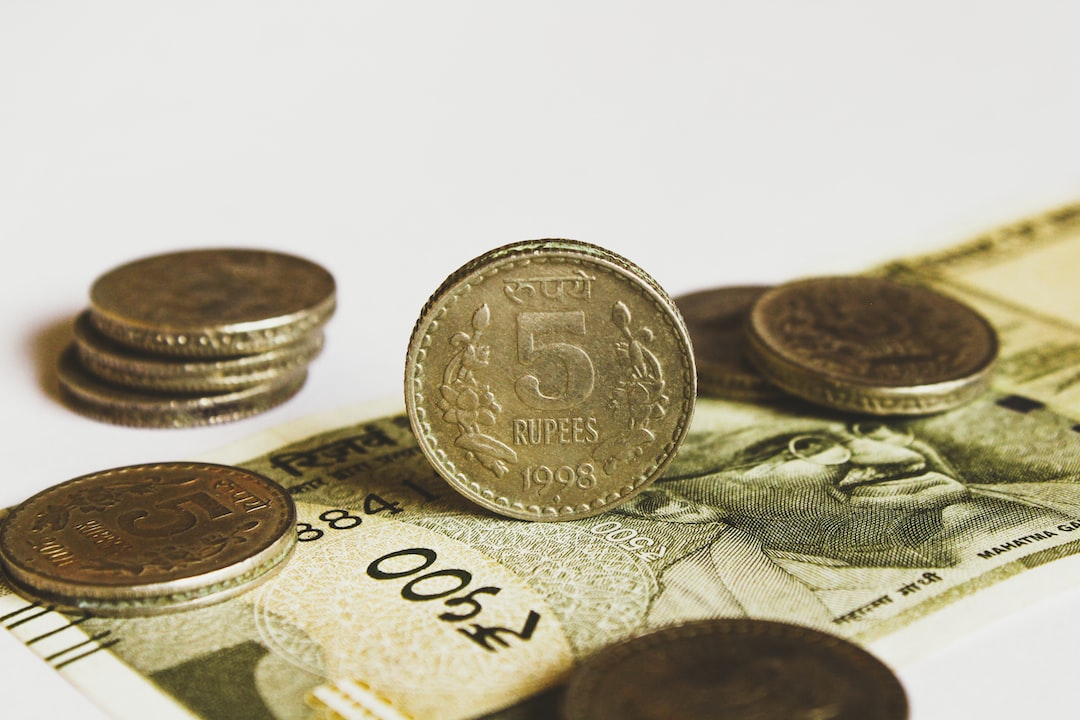Forex trading, also known as foreign exchange trading, is a popular investment option in South Africa. The country has a well-developed financial market that attracts investors from all over the world, including forex traders. However, like any other investment, forex trading comes with tax implications that traders need to understand to avoid penalties and legal issues. In this article, we will explore how much tax forex traders pay in South Africa.
Forex trading in South Africa is regulated by the Financial Sector Conduct Authority (FSCA), which is responsible for ensuring that financial markets operate in a fair and transparent manner. Forex traders must comply with the tax laws set by the South African Revenue Service (SARS), which requires them to pay tax on their trading profits.
The tax rate for forex trading in South Africa varies depending on the trader’s income level and the type of trade. For individuals who earn less than R79,000 per year, there is no tax on forex trading profits. However, traders who earn more than R79,000 per year are subject to a progressive tax system that ranges from 18% to 45%.
For example, if a forex trader earns R100,000 per year from trading profits, they will pay tax on the R21,000 above the R79,000 threshold. The tax rate for this income bracket is 26%, which means the trader will pay R5,460 in taxes.
It’s important to note that forex trading losses can be deducted from taxable income. This means that if a trader experiences losses during the tax year, they can deduct those losses from their taxable income to reduce their tax liability. However, the amount of losses that can be deducted is subject to certain limitations set by SARS.
Forex traders in South Africa are required to keep accurate records of their trading activities, including profits and losses, to ensure they pay the correct amount of tax. They must also file tax returns with SARS by the end of each tax year, which is on 28 February. Failure to comply with these tax requirements can result in penalties and legal issues.
In addition to income tax, forex traders may also be subject to other taxes, such as capital gains tax and value-added tax (VAT). Capital gains tax is a tax on the profit made from the sale of assets, such as forex trading investments. The tax rate for capital gains tax in South Africa is 18%, and traders must pay this tax if they sell their forex investments for a profit.
VAT is a tax on the value added to goods and services. Forex trading services are exempt from VAT, but traders may be required to pay VAT on certain expenses, such as software and training courses.
In conclusion, forex traders in South Africa are required to pay tax on their trading profits, with the tax rate depending on their income level and the type of trade. Traders must keep accurate records of their trading activities and file tax returns with SARS by the end of each tax year. Failure to comply with these tax requirements can result in penalties and legal issues. It’s important for traders to understand their tax obligations to avoid any issues and ensure they pay the correct amount of tax.





